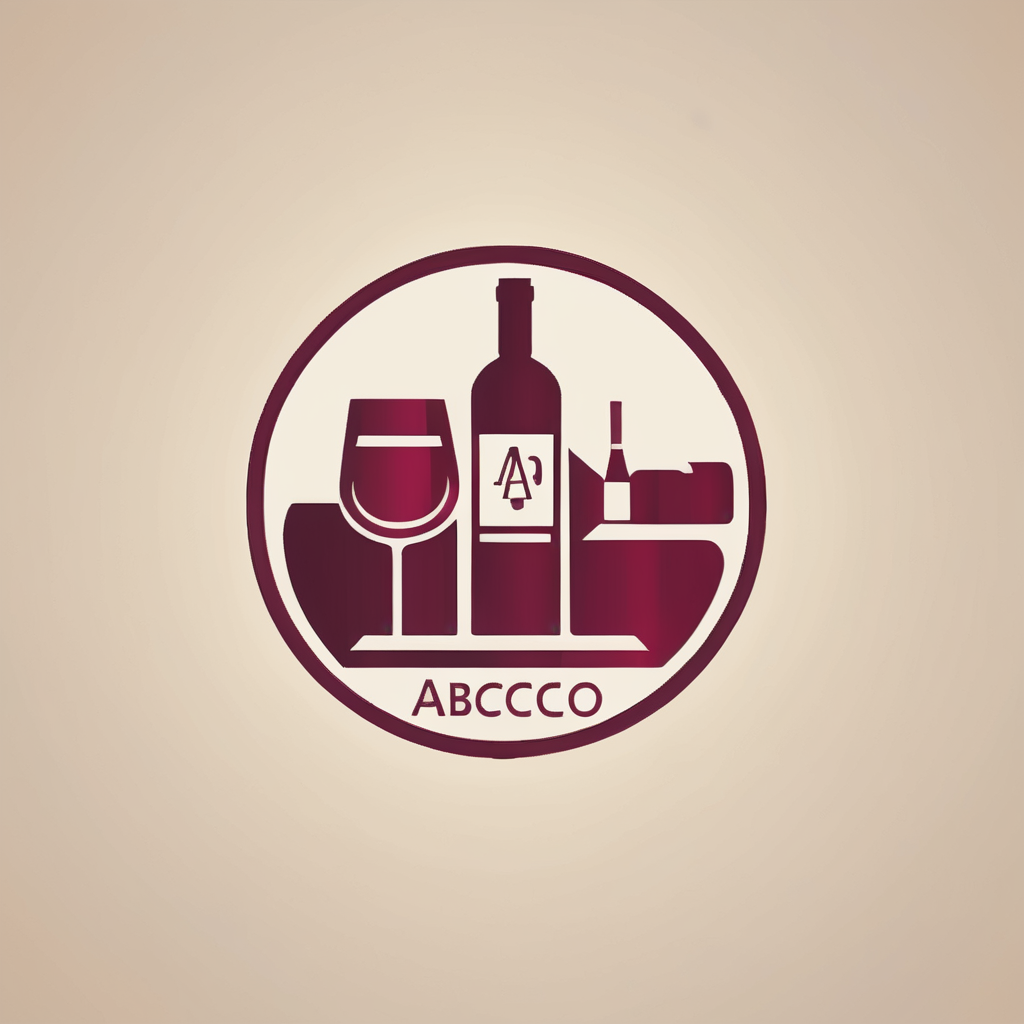Pressing Financial Pressures Facing UK Dining and Nightlife Venues
The financial challenges for UK restaurants and nightlife venues have intensified, driven predominantly by soaring energy costs, rent increases, and rising supply prices. Many venues report that escalating energy bills severely strain monthly budgets, as heating, lighting, and kitchen operations consume more resources. Simultaneously, commercial rents continue to rise, eating into profits and limiting venues’ ability to invest in quality or staff.
The economic impact on the dining sector is also seen in supply chain disruptions, which contribute to higher ingredient costs. These inflationary pressures make it difficult for businesses to maintain profitability without raising prices, which risks alienating customers already mindful of their spending.
Also to discover : Enhancing your dining ambiance: the role of uk kitchen bars
Nightlife industry operators face particularly steep nightlife industry costs, including licensing fees and security expenses. Many clubs and bars have reduced operating hours or temporarily closed to avoid unsustainable losses. Numerous reports highlight closures from London to smaller towns, illustrating the widespread nature of the problem.
These financial pressures challenge venues to adapt quickly, either by innovating service models or embracing cost-saving technology. For establishments keen on navigating this tough environment, understanding these economic hurdles is essential to staying afloat.
Also read : Exploring the fusion of tradition and modernity in uk kitchen bars
Staffing Shortages and Retention Difficulties
Hospitality staff shortages UK remain a pressing challenge as many venues struggle to attract and retain skilled employees. Post-Brexit immigration changes have significantly reduced the pool of available workers, intensifying restaurant recruitment issues. This shortage forces establishments to cope with fewer experienced staff, directly impacting service quality and guest satisfaction.
Wage inflation further compounds these challenges. Increased wage demands are common, reflecting both the scarcity of qualified personnel and the need to compete with other sectors. These rising costs create pressure on operational budgets, often forcing restaurants and nightlife venues to reconsider business hours or menu offerings.
In response, businesses adopt various innovations for effective staff recruitment and retention. Offering flexible schedules and career progression opportunities helps attract younger talent. Some venues invest in comprehensive training programs, enhancing employee skill sets and loyalty. Additionally, leveraging technology in the recruitment process streamlines candidate sourcing, addressing restaurant recruitment issues more efficiently.
By proactively adopting these strategies, hospitality operators can better navigate staff shortages, strengthen nightlife employee retention, and maintain operational stability despite ongoing recruitment hurdles.
Changing Consumer Behavior and Expectations
Recent changes in consumer habits dining have significantly reshaped the UK hospitality landscape. The rise of home dining and delivery apps has empowered customers to enjoy restaurant-quality meals conveniently, prompting establishments to rethink their service strategies. Nightlife customer trends now emphasize casual, flexible experiences over formal outings, reflecting a broader shift in social habits.
Consumers increasingly demand value, unique experiences, and heightened attention to health and safety. This shift influences not only how menus are designed—favoring customizable, health-conscious options—but also pricing strategies that balance affordability with quality. Service models have adapted as well, incorporating contactless ordering and streamlined dining to meet evolving expectations.
For hospitality operators, responding to these UK hospitality consumer behaviour shifts means balancing innovation with familiarity. Offering memorable, safe experiences while maintaining approachable menus can drive customer loyalty. Understanding these nuanced changes allows businesses to stay competitive and relevant in a rapidly evolving market.
Regulatory Changes and Compliance Burdens
Navigating hospitality regulations UK presents ongoing challenges for bars and restaurants, especially as licensing changes continue to evolve. Recent adjustments to alcohol licensing laws have altered permitted serving hours and introduced stricter conditions on sales. This affects how establishments manage operations, impacting peak trading periods and staffing needs.
Compliance with health, safety, and accessibility standards adds another layer of complexity. Businesses must ensure premises meet fire safety codes, hygiene regulations, and accessibility requirements, including accommodations for disabled patrons. These legal obligations demand regular inspections and prompt updates, often requiring professional guidance to avoid costly penalties.
The cost implications are significant. Upgrading facilities, training staff, and securing legal advice to stay compliant increases operational expenditure. Smaller venues, in particular, face higher financial and administrative burdens when adapting to these regulatory shifts. Understanding the nuances of restaurant legal challenges is crucial for owners to plan strategically and mitigate risks.
In summary, the dynamic landscape of hospitality law means businesses must stay agile. Efficiently managing evolving licensing changes bars and fulfilling stringent compliance standards ensures continued legal operation and protection from enforcement actions.
Recovery Efforts Post-Pandemic
The post-pandemic recovery UK dining scene faces several challenges that extend beyond reopening doors. Consumer confidence and footfall have yet to fully rebound, partly because many customers remain cautious about crowded indoor spaces after COVID-19. This hesitancy affects revenue streams, making it vital for restaurants to adapt swiftly.
In response to the COVID-19 hospitality impact, many establishments accessed government support and financial aid to stabilize operations during forced closures. These funds helped cover overheads and staff wages, enabling a gradual reopening despite lingering uncertainties. However, navigating application processes and qualifying for aid posed hurdles, particularly for smaller businesses.
Restaurant owners have adopted creative approaches to business model adaptation to survive and thrive post-pandemic. Innovations include expanding outdoor seating, enhancing online ordering systems, and introducing contactless payment options. These strategies not only address health concerns but also cater to evolving customer preferences for convenience and safety.
Ultimately, recovery efforts integrate a blend of financial assistance, customer reassurance, and business flexibility—key to rejuvenating the hospitality sector. Understanding these elements helps clarify how the sector is rebuilding and adapting to the post-pandemic landscape.
Rising Operational and Supply Chain Costs
In the hospitality supply chain UK, inflation food costs have surged, placing significant pressure on restaurant operational expenses. Fluctuations in food and beverage supply prices are unpredictable, often driven by factors such as seasonal harvests, global logistics, and geopolitical tensions. This volatility complicates budgeting, forcing establishments to constantly adjust their spending.
Suppliers are responding to these market shifts by increasing prices, squeezing margins for hospitality businesses. Restaurants are caught between rising costs and the need to keep menu prices appealing to customers. The challenge is balancing quality with profitability.
To manage these pressures, businesses are adopting several strategies. Leveraging long-term supplier contracts can lock in more stable prices. Exploring local sourcing reduces transportation costs and supply delays while supporting community economies. Additionally, improving inventory management minimizes waste, directly impacting operational expenses.
Combining these approaches helps hospitality businesses navigate the growing demands of an unstable supply chain. By proactively managing procurement, restaurants can better absorb inflation food costs and protect their bottom line in the competitive UK market.
Innovative Solutions and Adaptation Strategies
In the landscape of restaurant innovation UK, many nightlife venues have embraced adaptability to overcome unprecedented challenges. Successful hospitality establishments are those that integrate technology, reimagine their spaces, and foster strategic partnerships. For instance, venues adopting contactless ordering systems and digital reservations improve customer experience while maintaining safety and efficiency.
Adaptability nightlife venues often redesign flexible spaces to host various events, from intimate dinners to live performances, allowing them to optimize capacity and appeal to a broader audience. Community engagement plays a critical role in these resilience strategies. Collaborations with local artists, suppliers, and charities not only enrich the venue’s offer but also deepen customer loyalty.
Diversifying revenue streams is another pivotal approach. Many venues have introduced takeaway services, virtual events, or subscription models to stabilize income during periods of limited footfall. Such hospitality resilience strategies showcase how innovation is not limited to products but extends to business models and community roots, enabling venues to thrive even in uncertain times.


